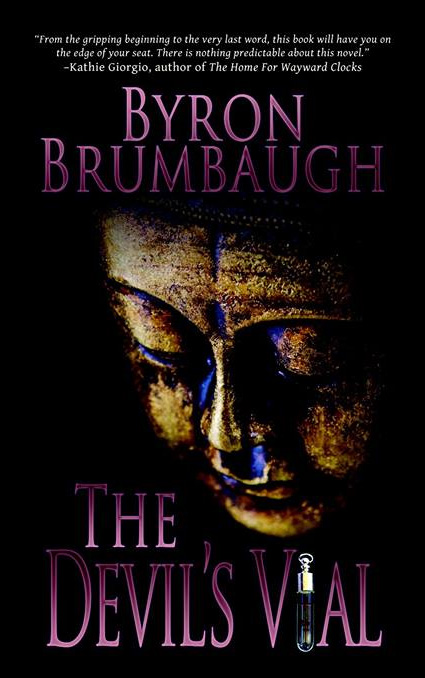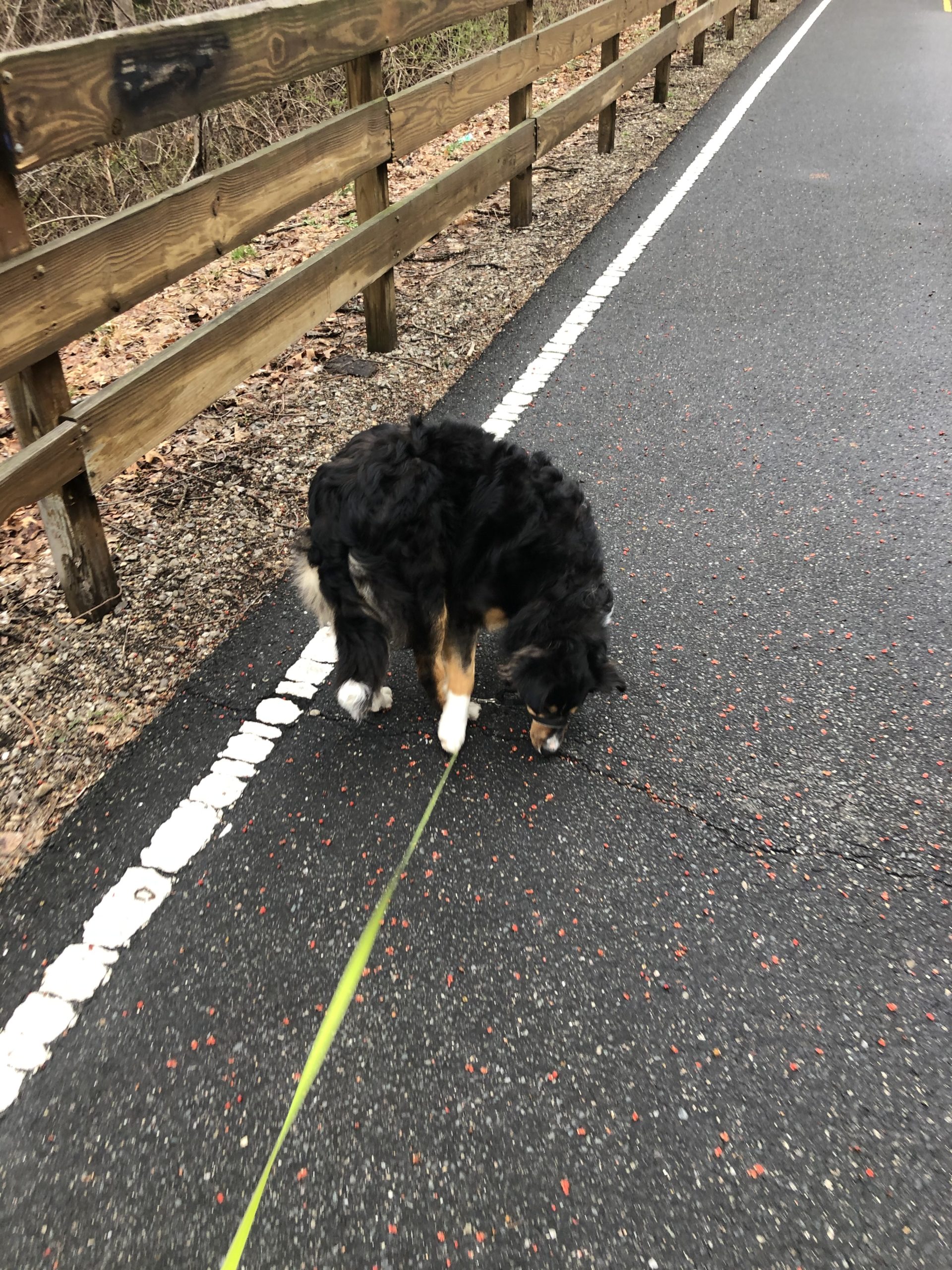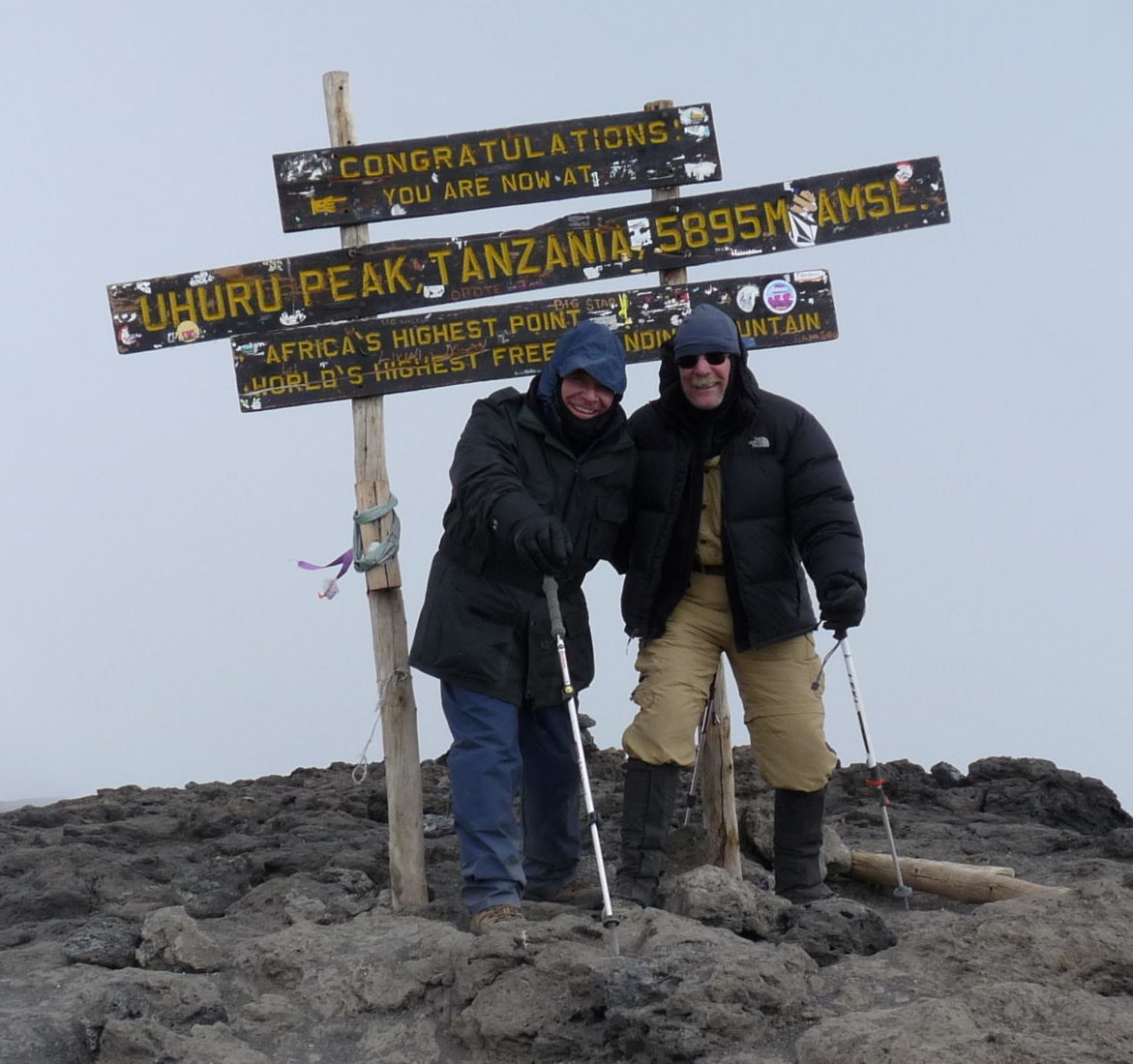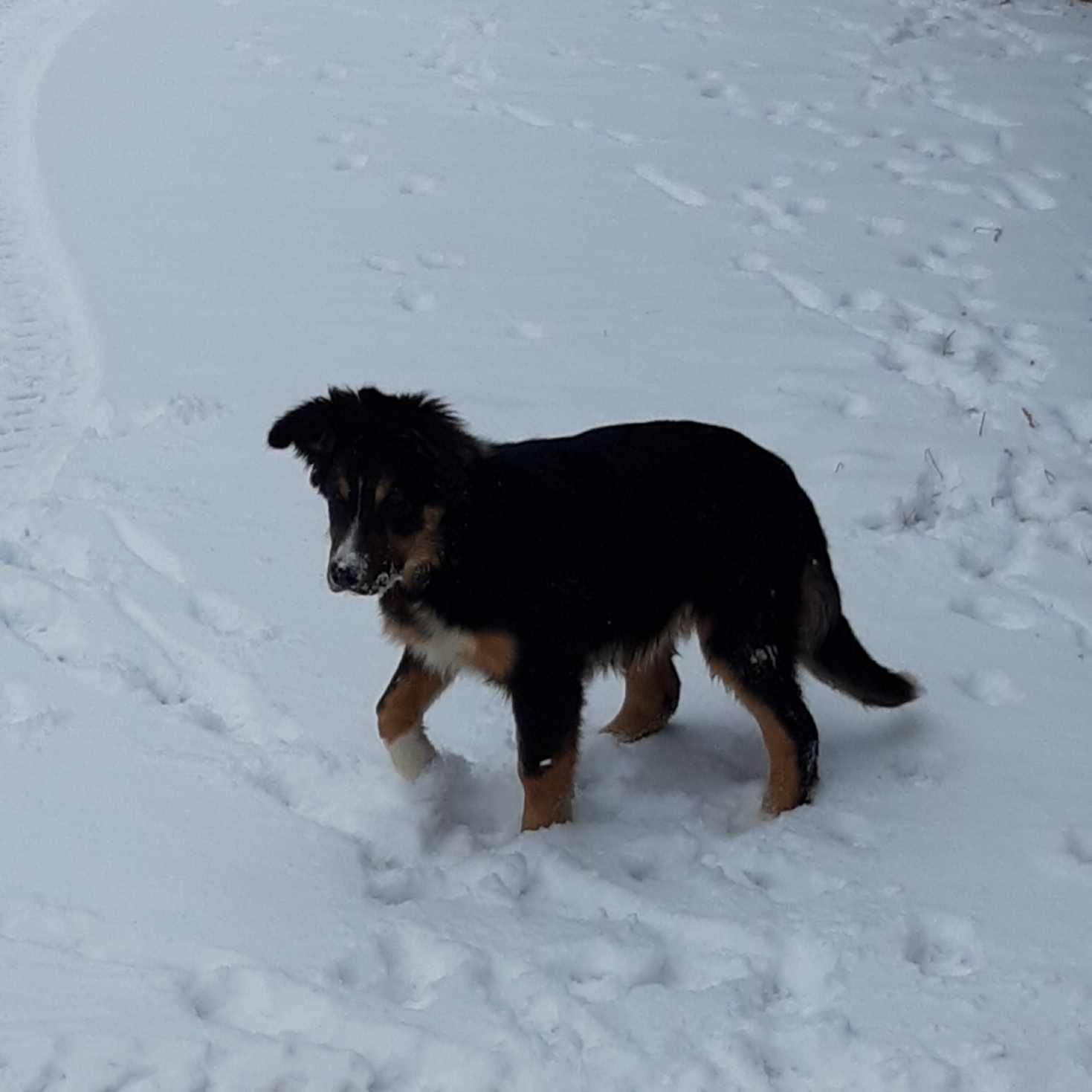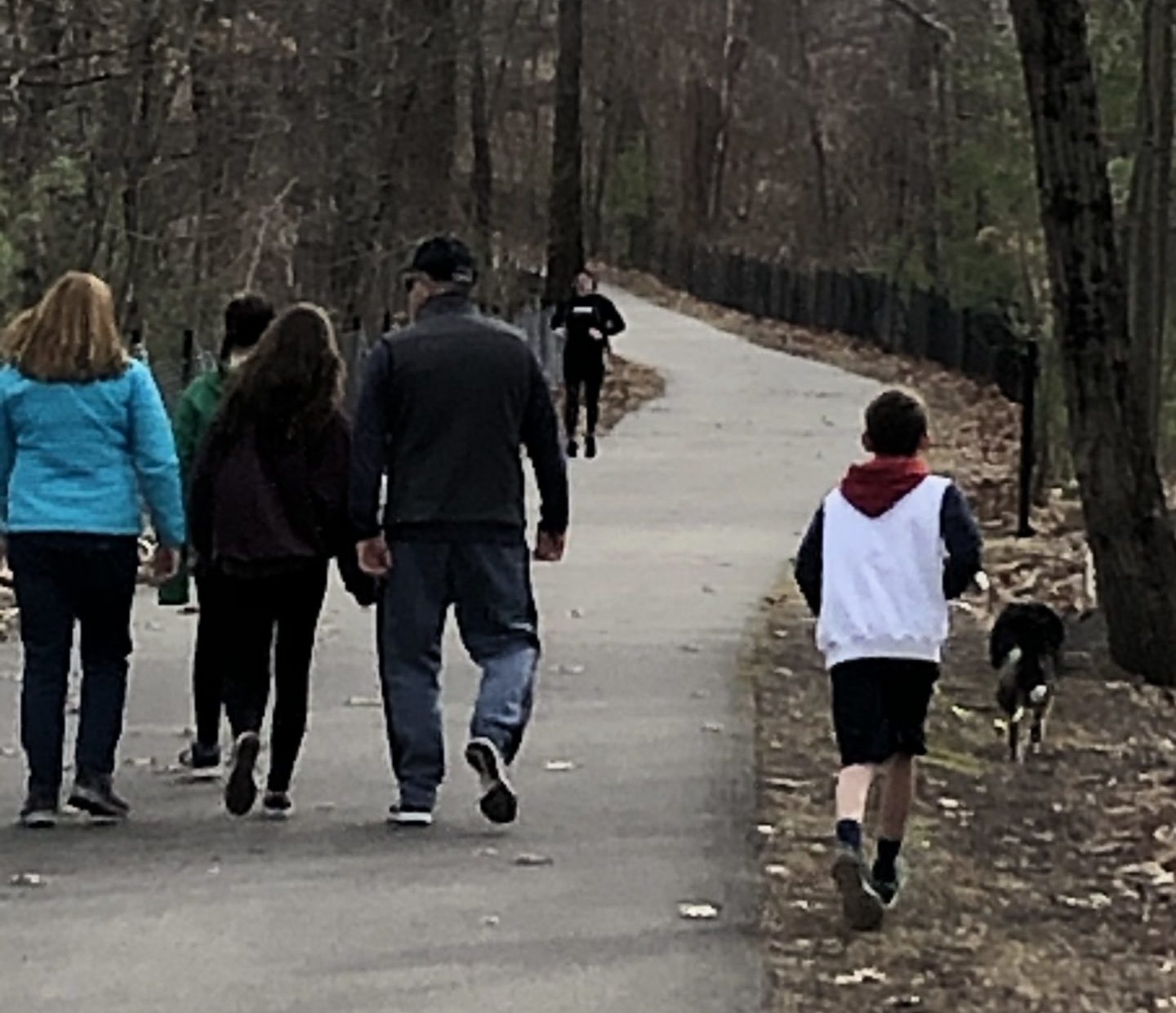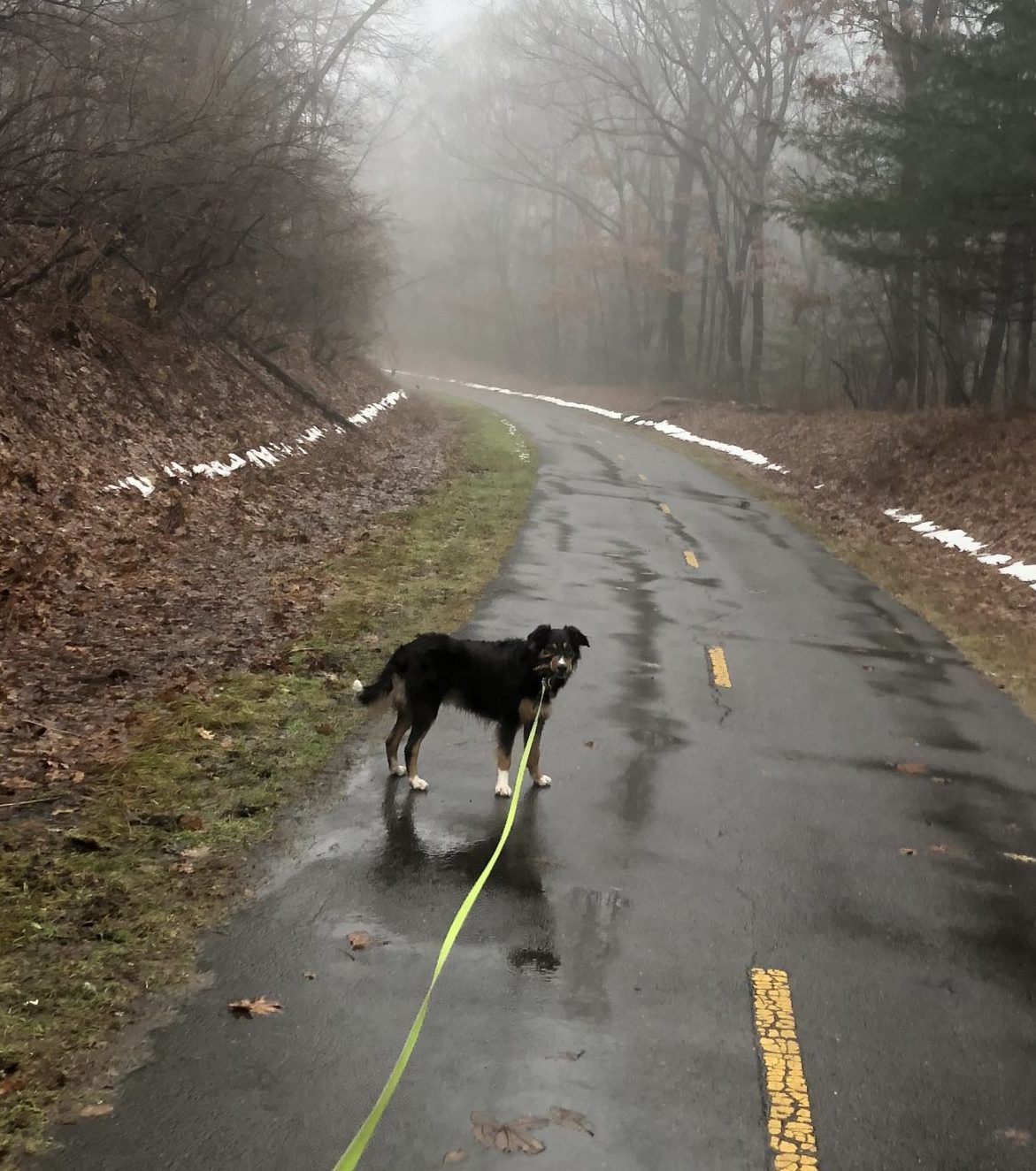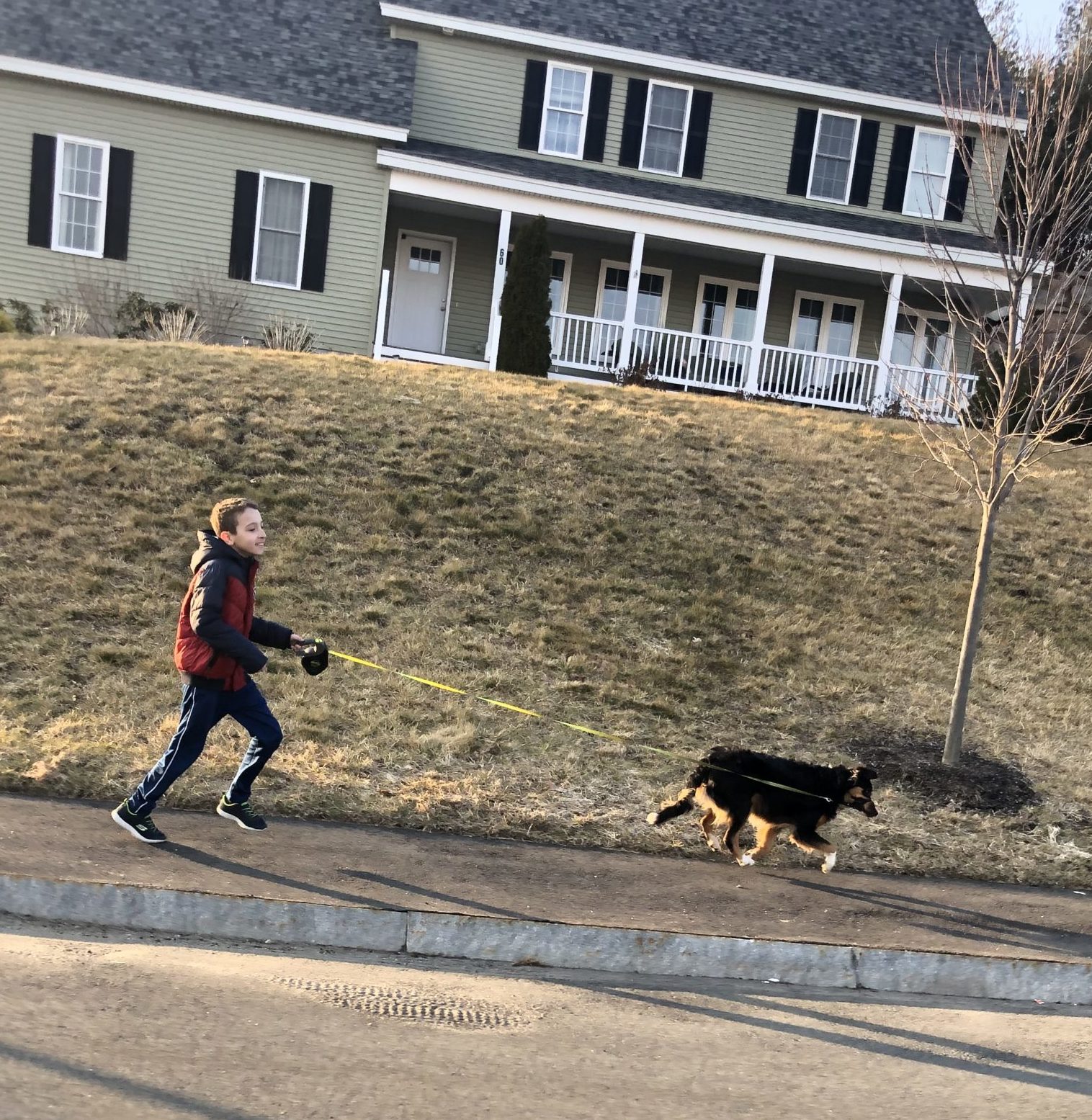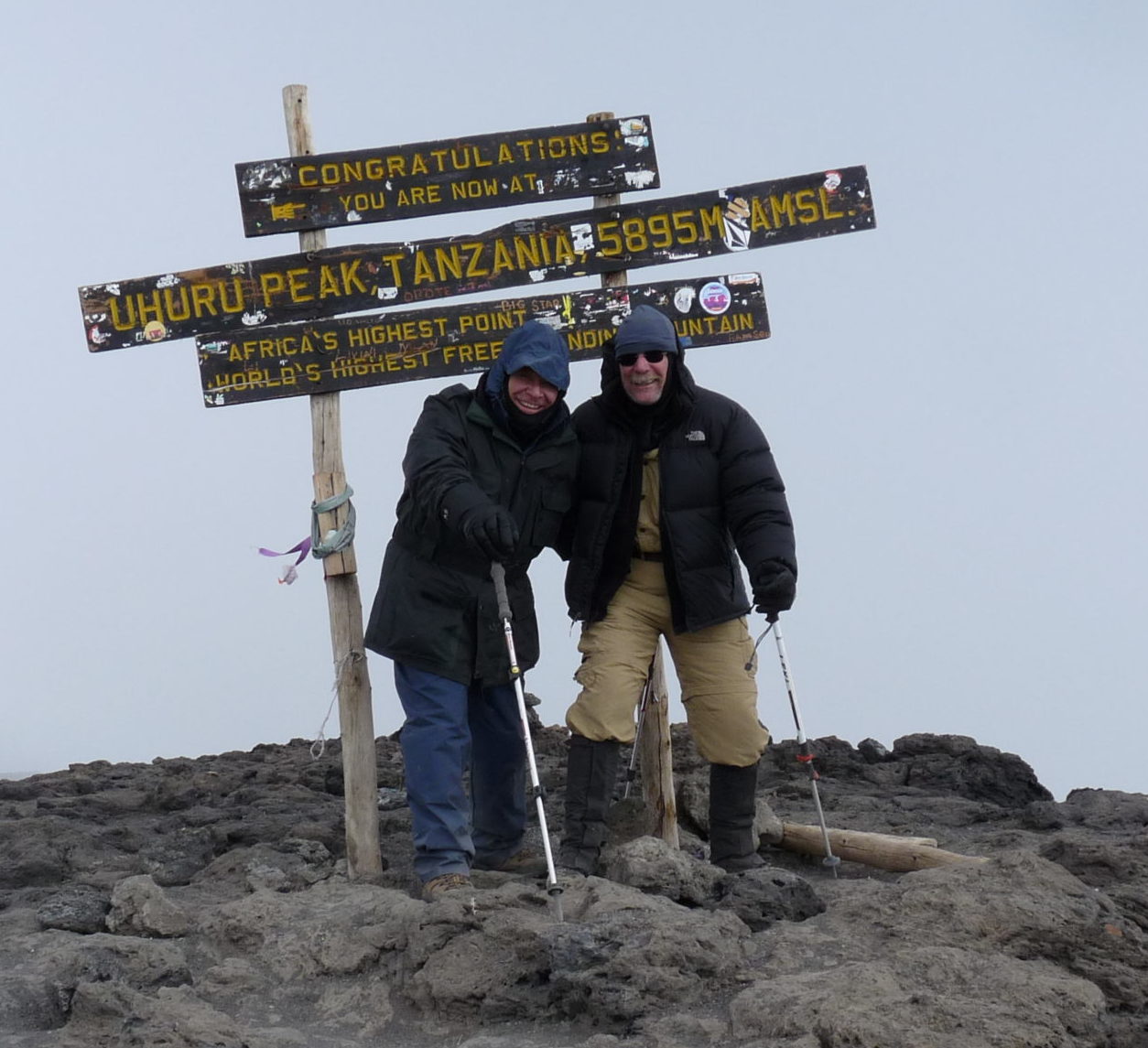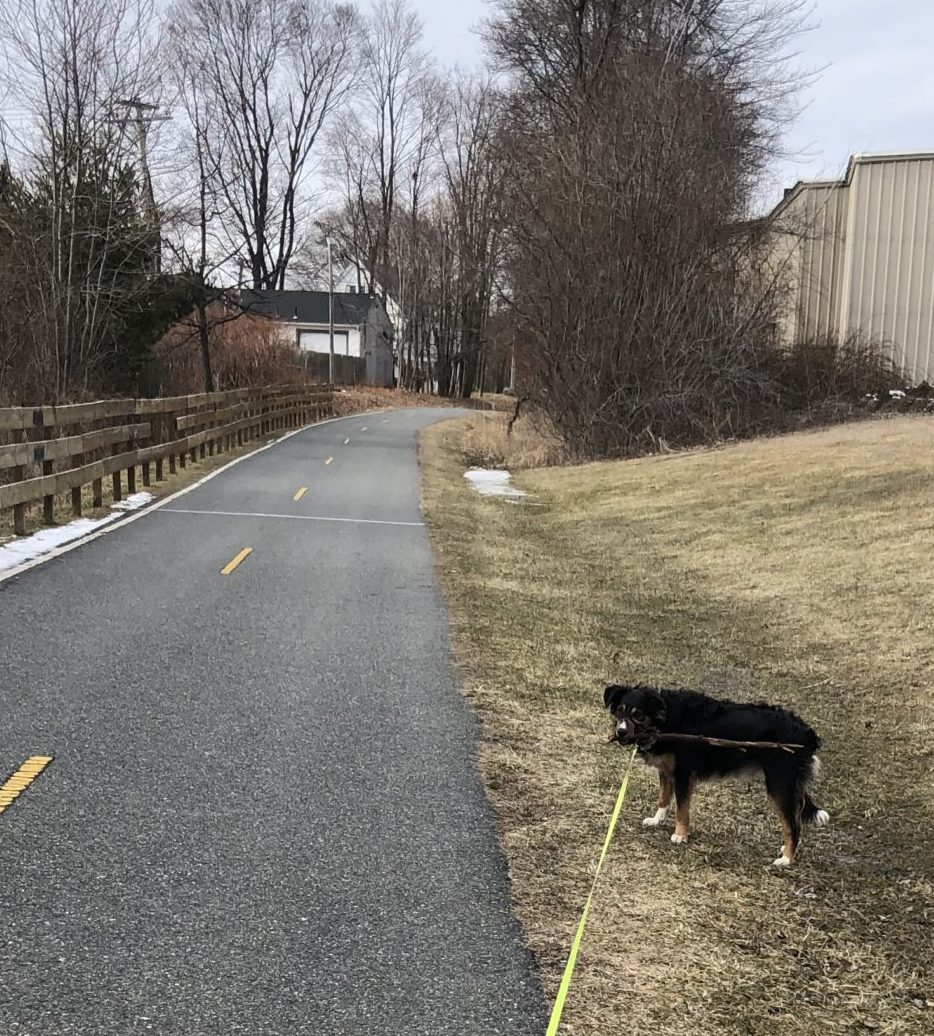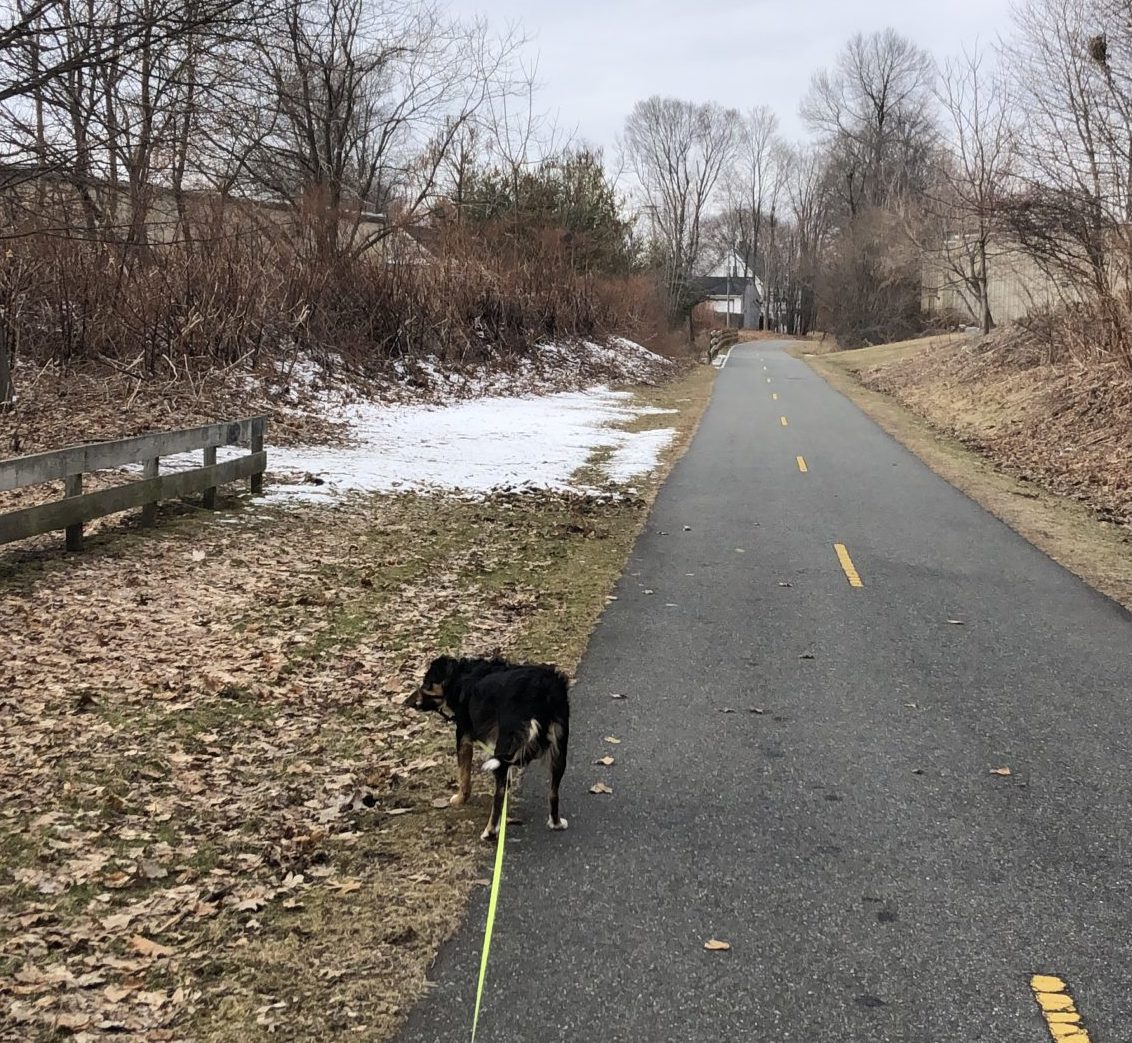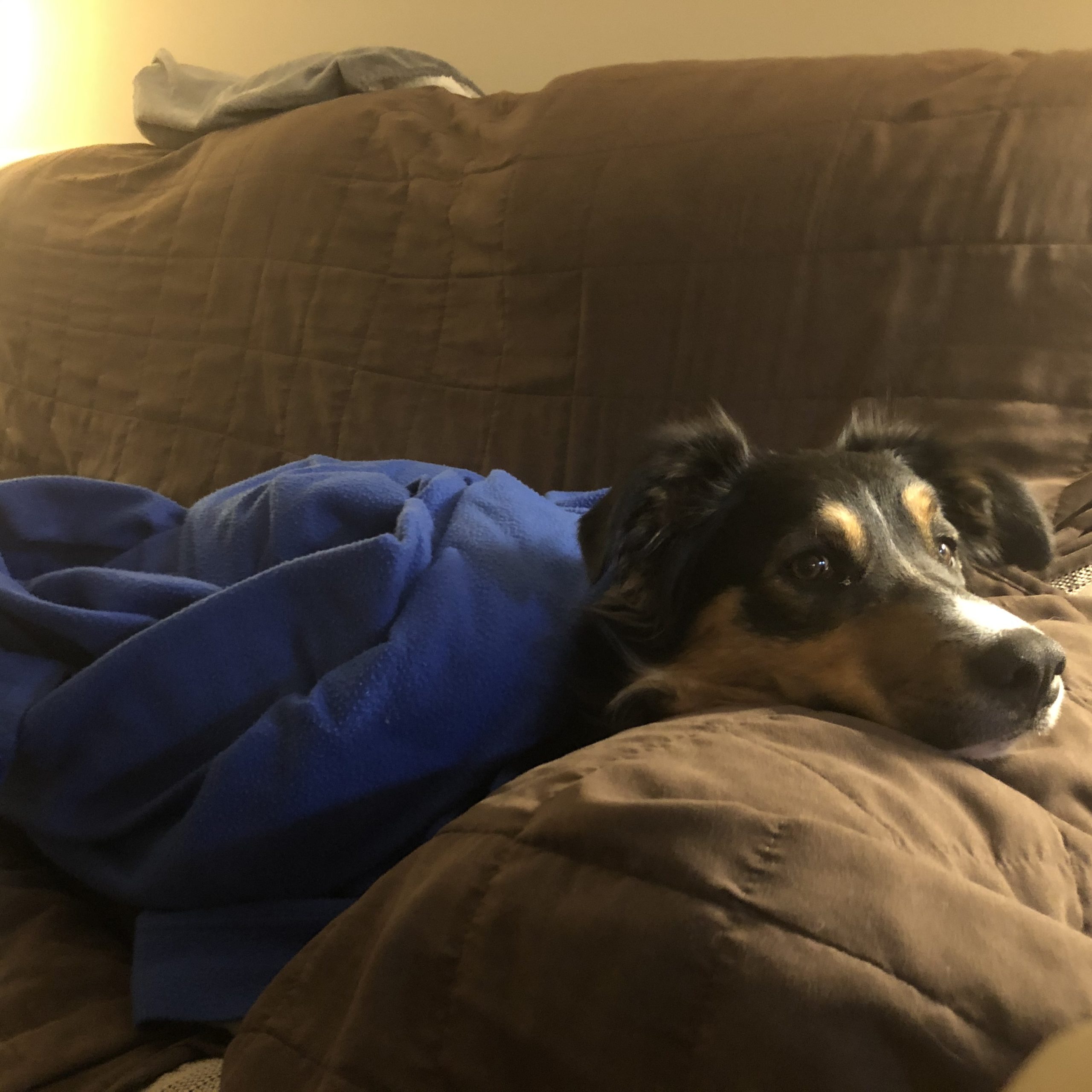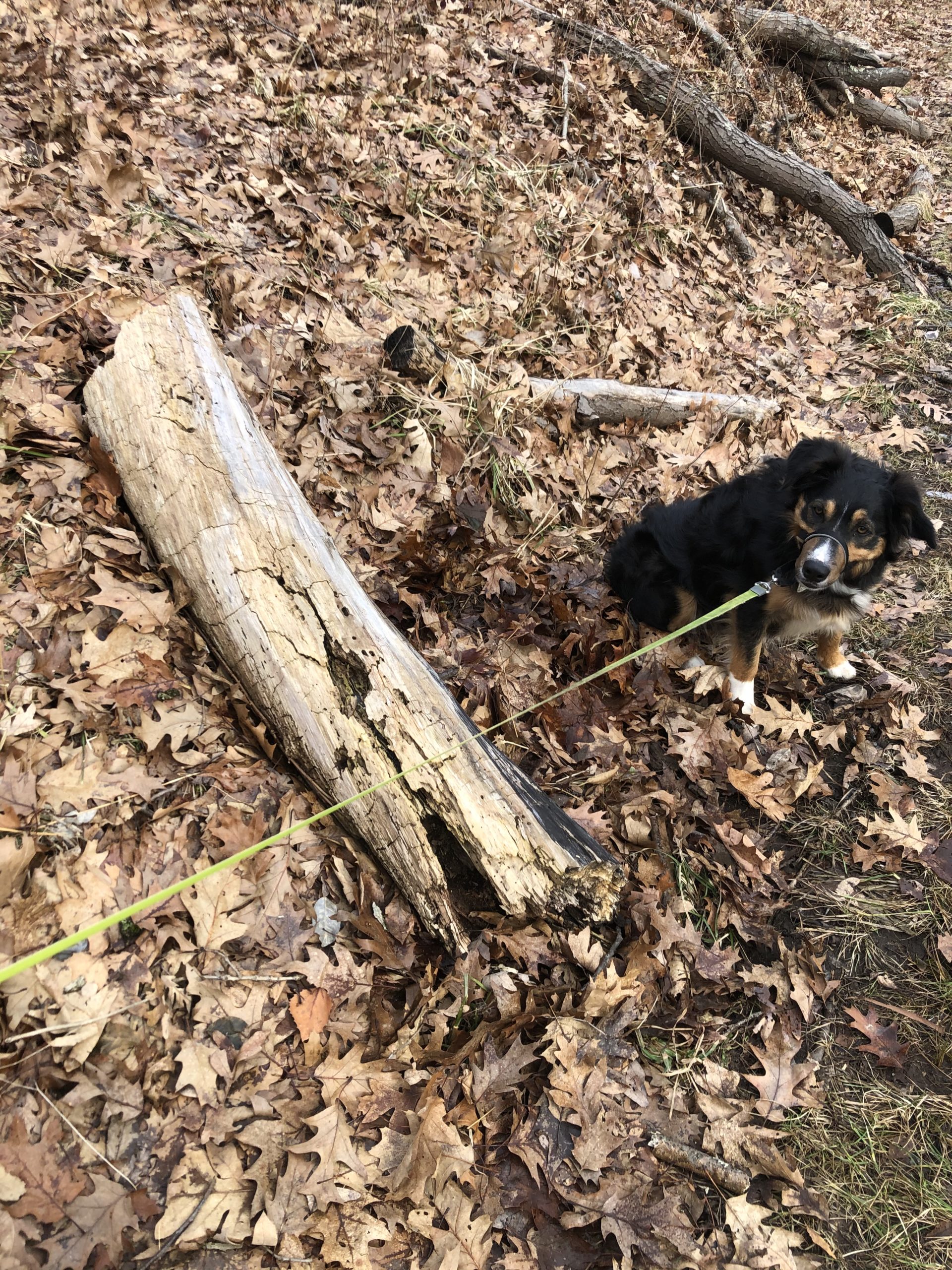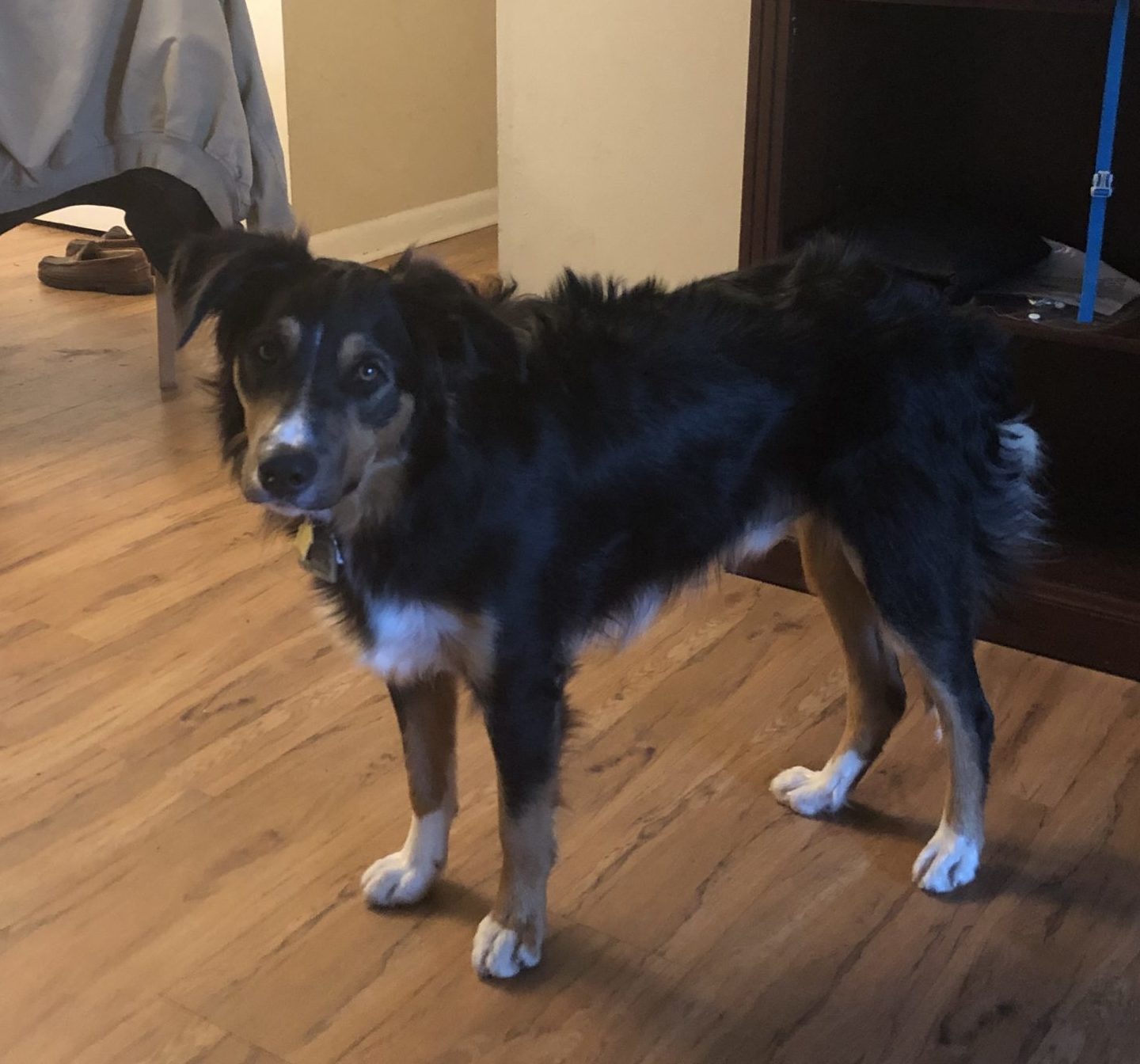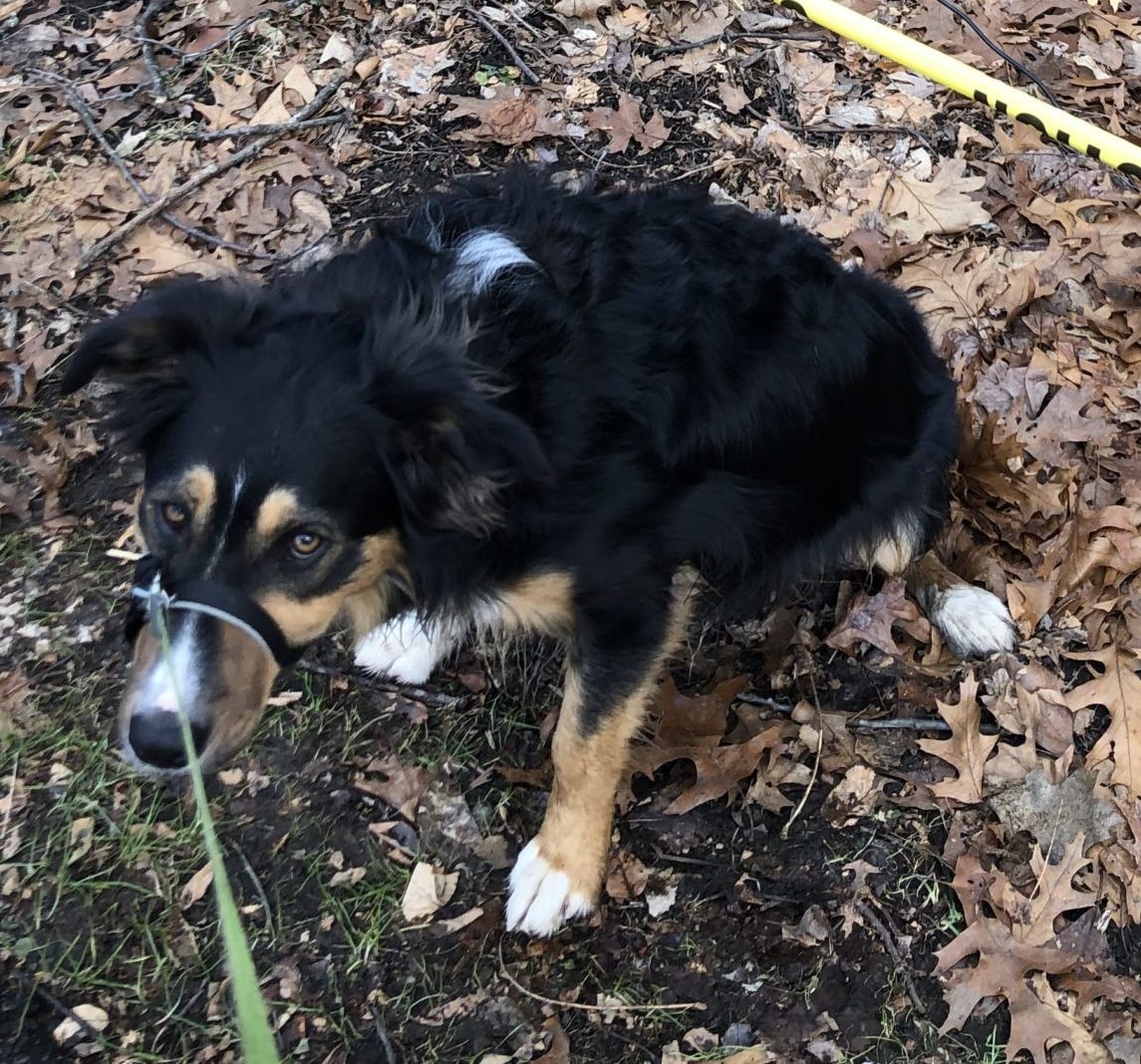“I smell the smelly smell of something that smells smelly.”
-Spongebob Squarepants
Waldo and I are on our first walk of the morning. The sky is clear, there is next to no wind and it is cold. It’s still quite sleepy out and full wakefulness comes gradually as the fog of slumber slowly drains from my mind. As I exhale, I watch my breath condense in steamy clouds and then just hang there, a foot or so in front of my face, as if time were suspended. The yellowed grass still bears patches of ice left over from the last snowstorm and I have to be careful where I step. The sidewalks and driveways have been cleared of ice and snow, but where we walk, beneath the barren apple and pear trees, around the thickets of bushes where rabbits make their homes, it can be treacherous and I keep my eyes open to avoid the worst of it. I can see Waldo’s breath as well, as he trots about the grounds, sniffing everywhere, his odar (odor ranging and direction) on full power. He stops and sticks the tip of his nose a fraction of an inch above the stinkiest poop, that even I can smell from where I stand, and spends a full minute taking it all in. It seems his nasal superpower (some estimates are between 10,000 and 100,000 times more sensitive than human’s) not only picks up the faintest of odors, it’s also able to distinguish between a wide variety of nuance. There must be a lot of information there he needs to process. I wonder what all that smell tells him. It begs the question, what’s it like to see the world through your nose?
Of course, dogs do have a good sense of sight as well as of smell. In broad daylight, it’s not as good as we humans have, but it’s good. They can see better in low light than we can, but it’s not very good vision then. To watch Waldo, you’d think that sight was merely a long-range alert system, telling him what to seek out and sniff. At least most of the time. Humans are very visual and spend most of their sensory attention on what they see. No wonder. My eyesight is good, although I wear glasses. But when I take a whiff of the freezing air, I don’t smell much of anything. Today, I have a runny nose from the cold and most of what I smell is snot, which doesn’t smell like much at all.
Waldo’s hearing is quite good too, including sounds octaves higher than I can sense. It seems to me that he uses it more as passive sonar in order to find things that may be interesting to sniff than as primary input. Like the way he uses his sense of sight. My second most used sense is hearing. I have excellent hearing for my age. I like to ignore the visual input, sometimes by closing my eyes and sometimes by just not paying attention to it, and focus on what I can hear. It not only puts my awareness squarely in the moment, it also opens up an entire universe not accessible by sight. Gay, piping birdsong, the sound of wind tickling leaves, the thunderous turbulent noise of an approaching gust of wind as it elbows its way through trees and around bushes, the slapping sound of my footfalls as I walk, the tinkling babble of water in a nearby brook as it flows around rocks and branches that try to block its run to the sea, all of this and much more can open my attention to a world I cannot see. But I have never used it to find something to smell.
Then there is the sense of touch. I do use it, sometimes, to locate things when I want my eyes on something else. Like finding the button on the key fob in my pocket so I can lock or unlock the car door. I don’t consciously use touch much anymore, to explore the world. I did when I was much younger and sometimes still do to enhance my visual experience. For example, if I want to test if something is wet or to check its temperature. Humans have densely packed tactile sensors on their fingertips and tongues. Dogs have the same on their tongues and I think that when Waldo licks some piece of yuk on the ground, he’s doing it to see what it feels like more than taste it. The pads on his paws are way too thick and cornified to be able to feel much so he probably doesn’t use his feet’s sense of touch for exploring his world. Touch does not offer Waldo much to compete with his sense of smell.
To be continued next week…

